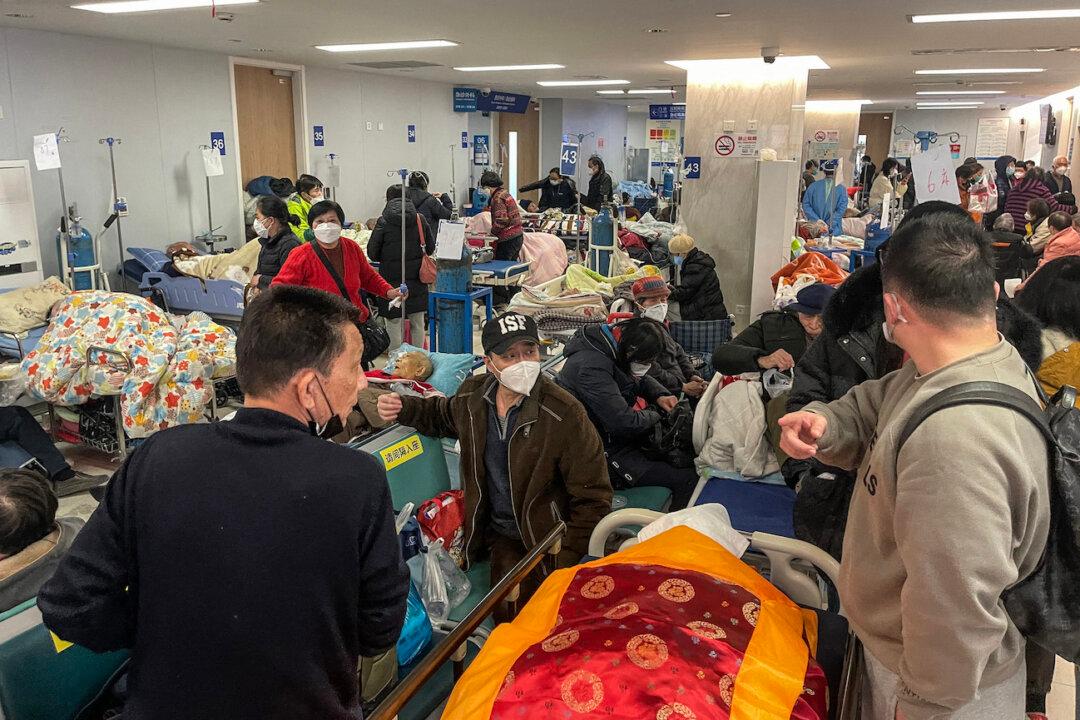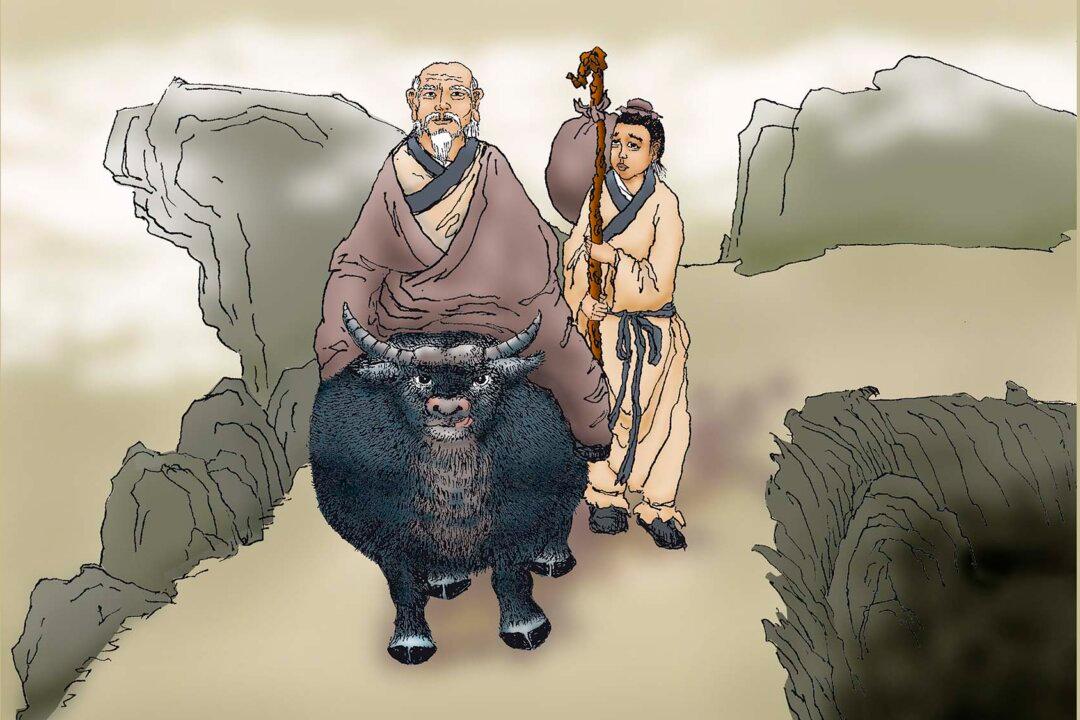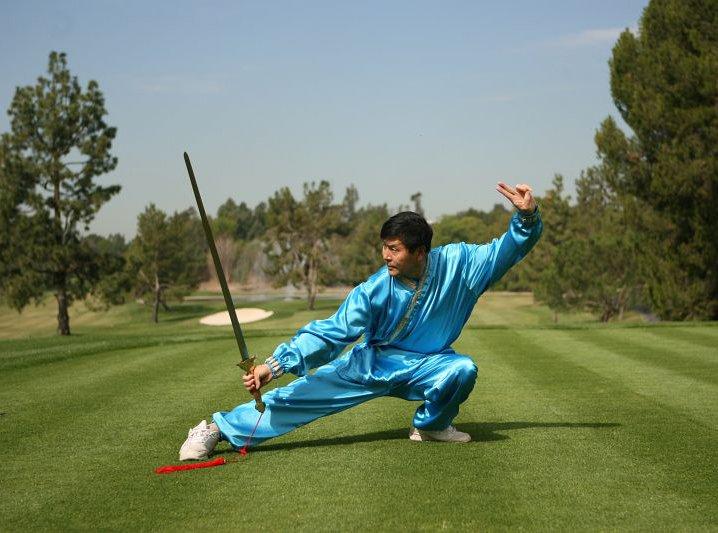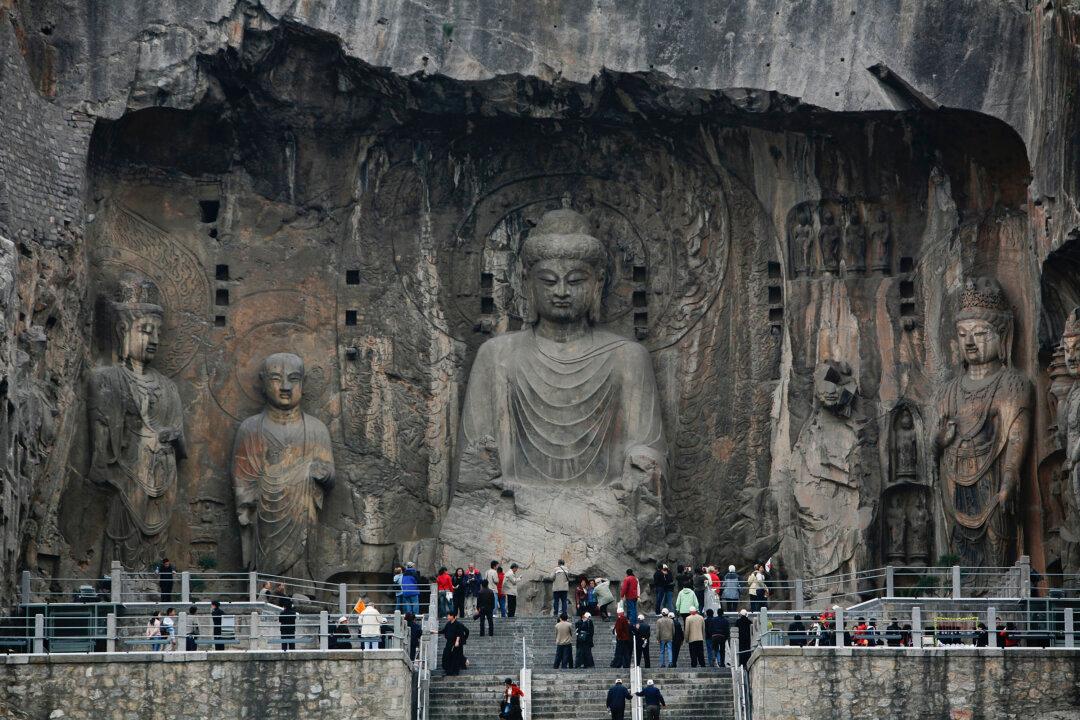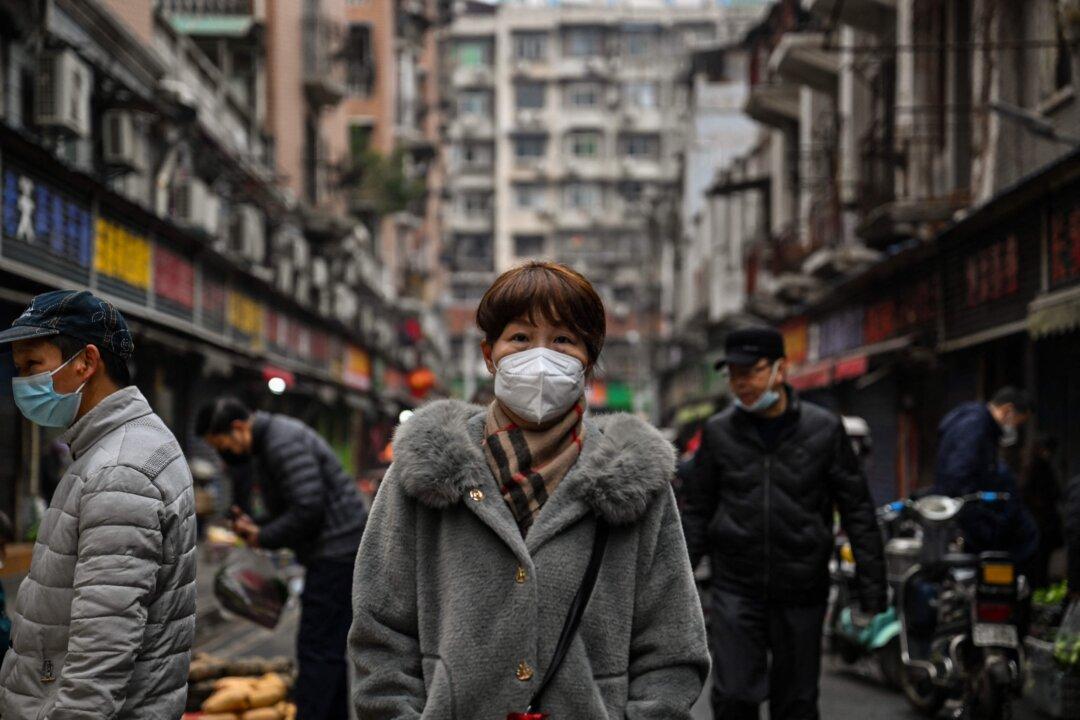Commentary
Two months after Chinese leader Xi Jinping secured his third term at the 20th National Congress in October last year, he abruptly abandoned his “zero-COVID” policy. This U-turn shocked many, but perhaps only some people noticed that Xi made similar policy changes in two other key areas: the economy and foreign affairs. If we look closely at these three major adjustments, the underlying reason is the economy.
